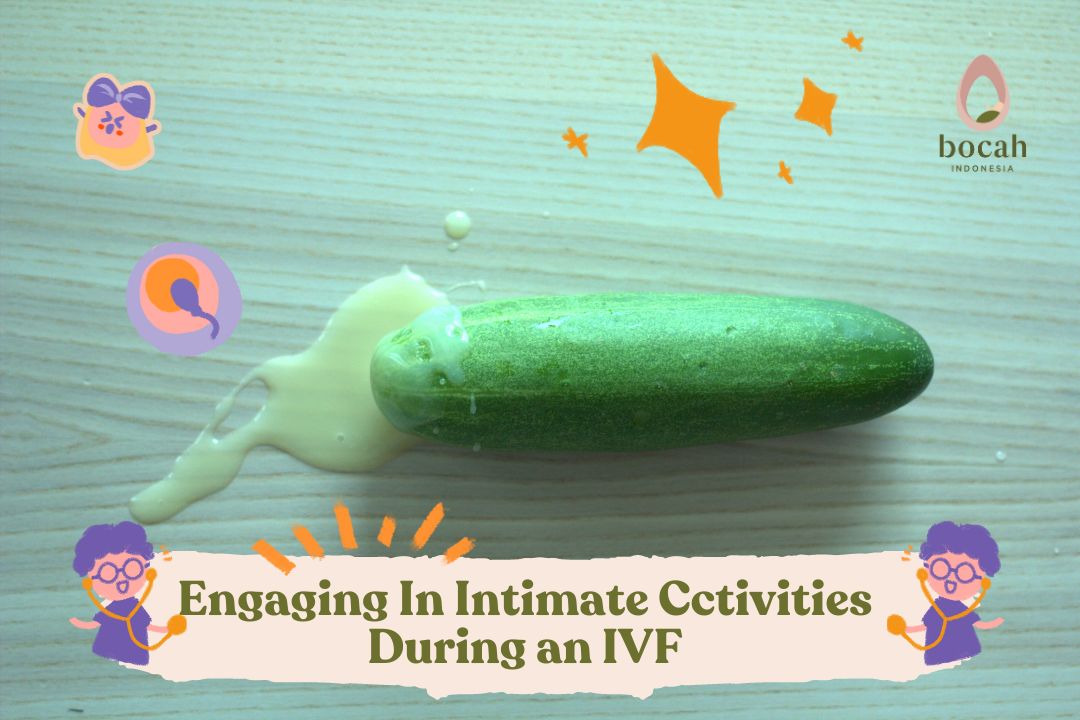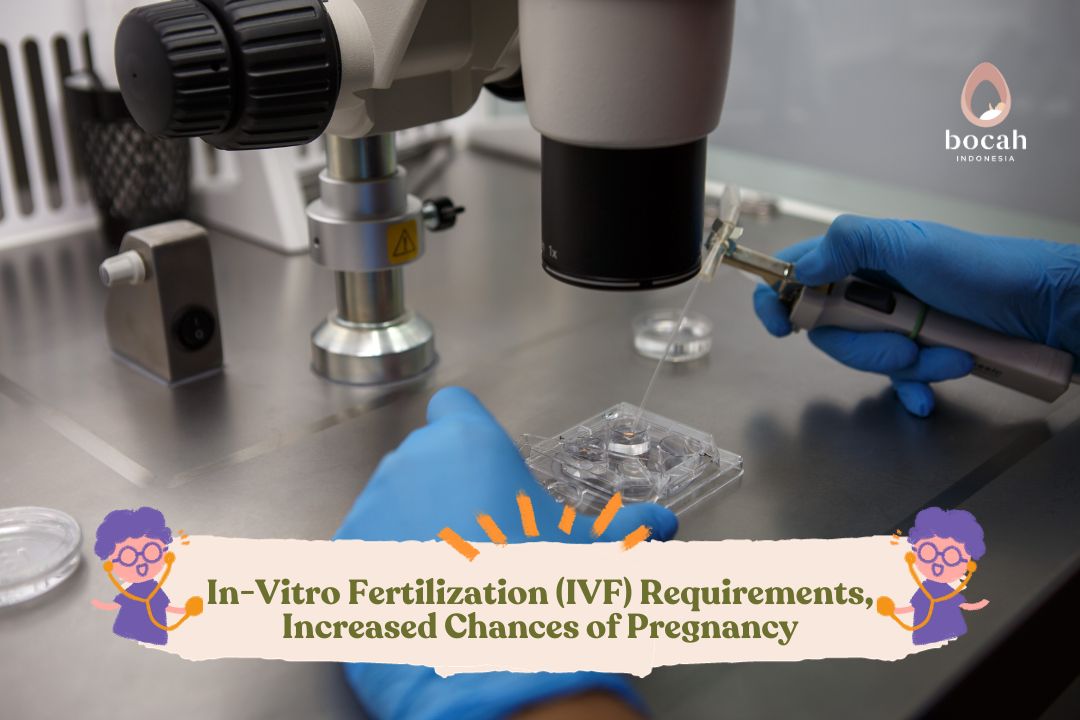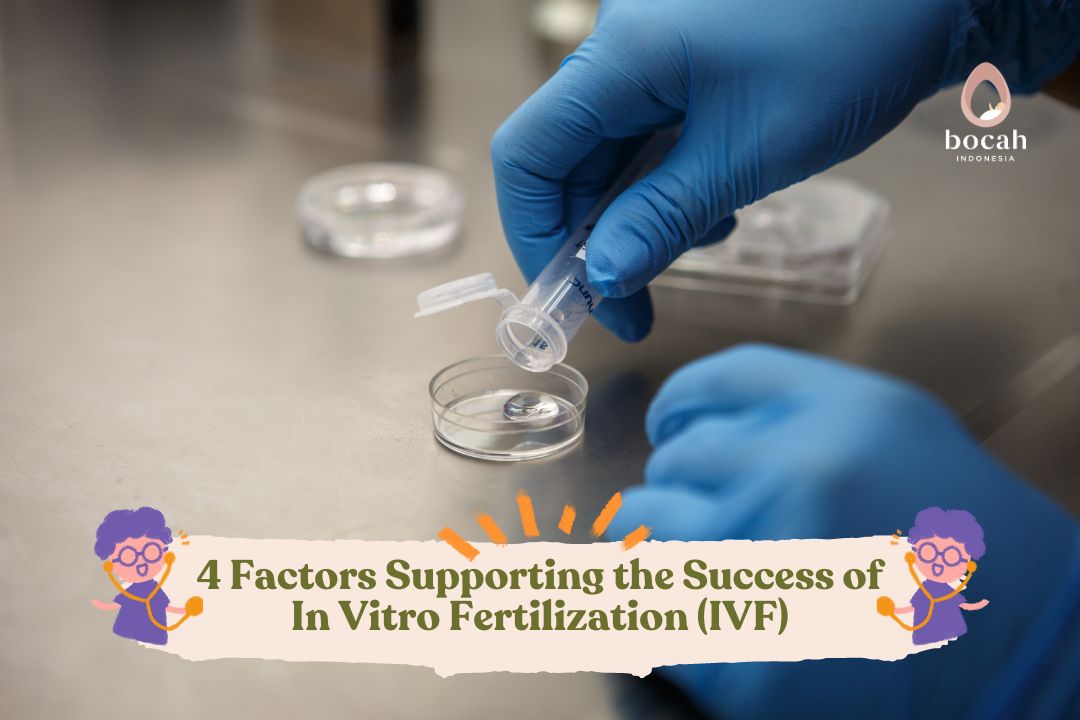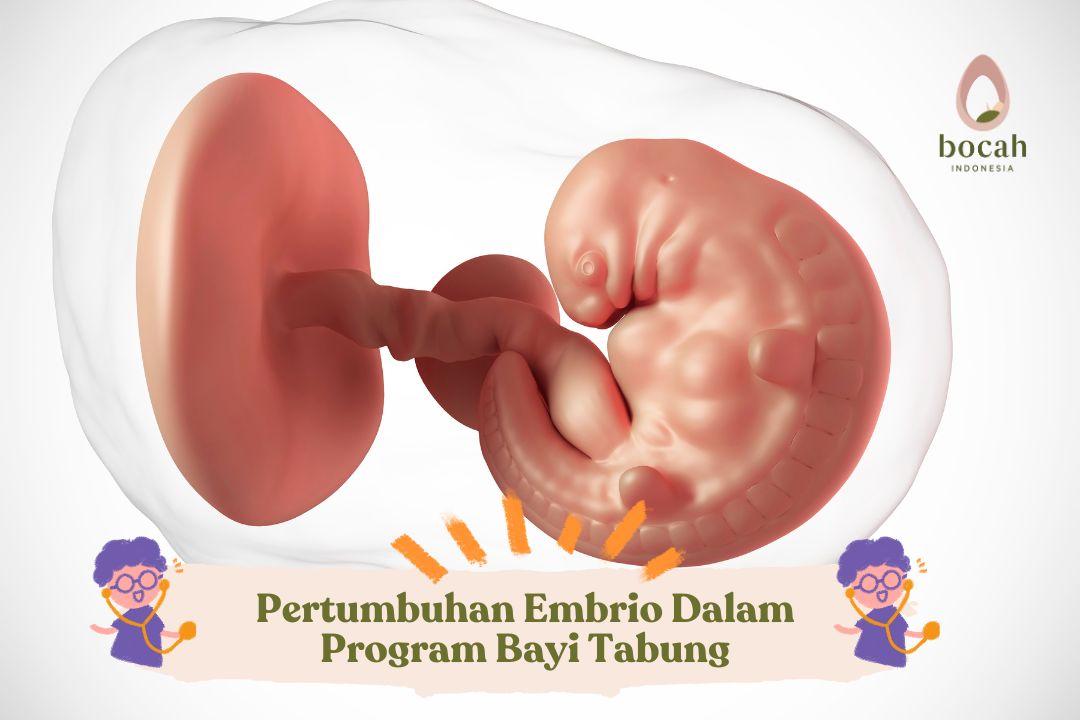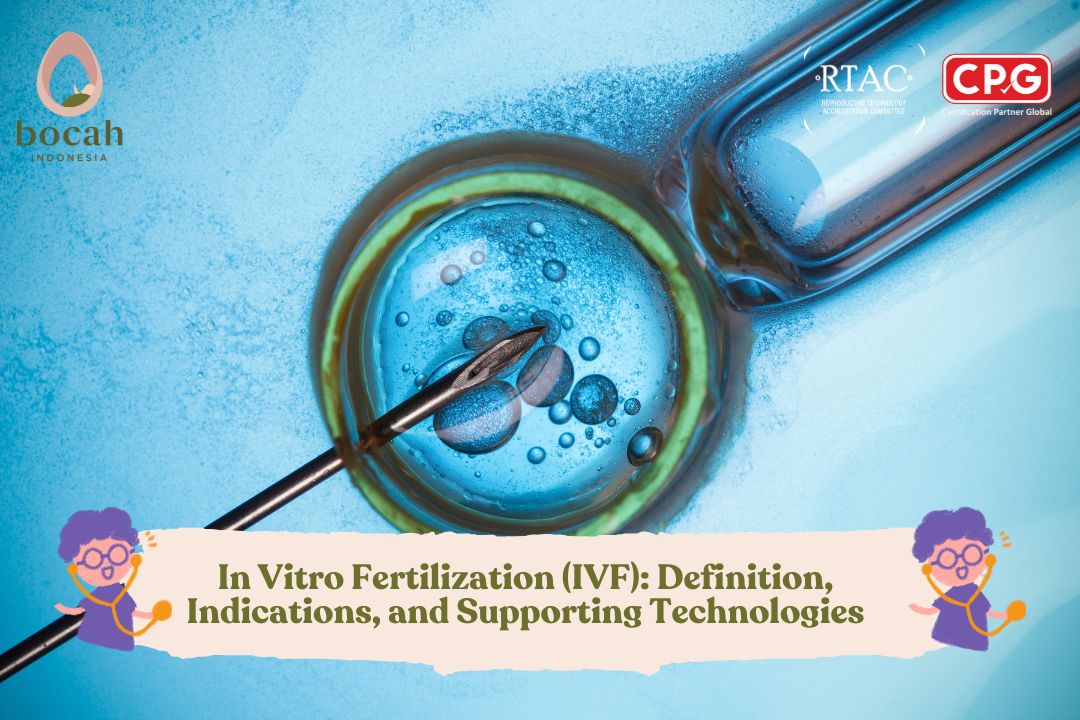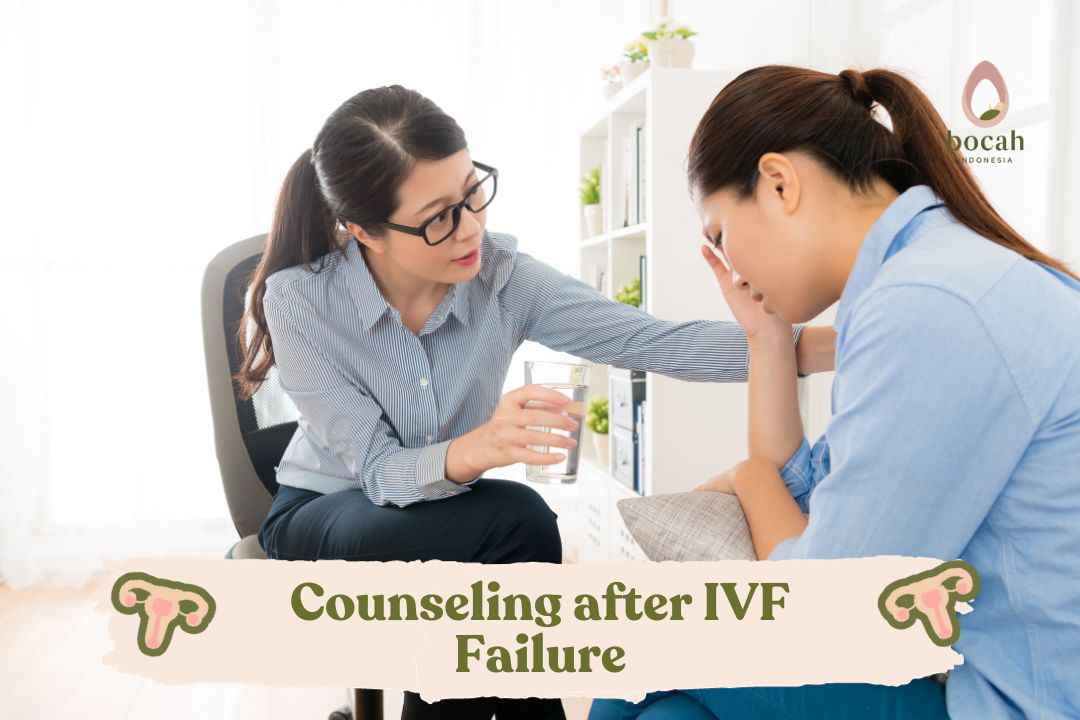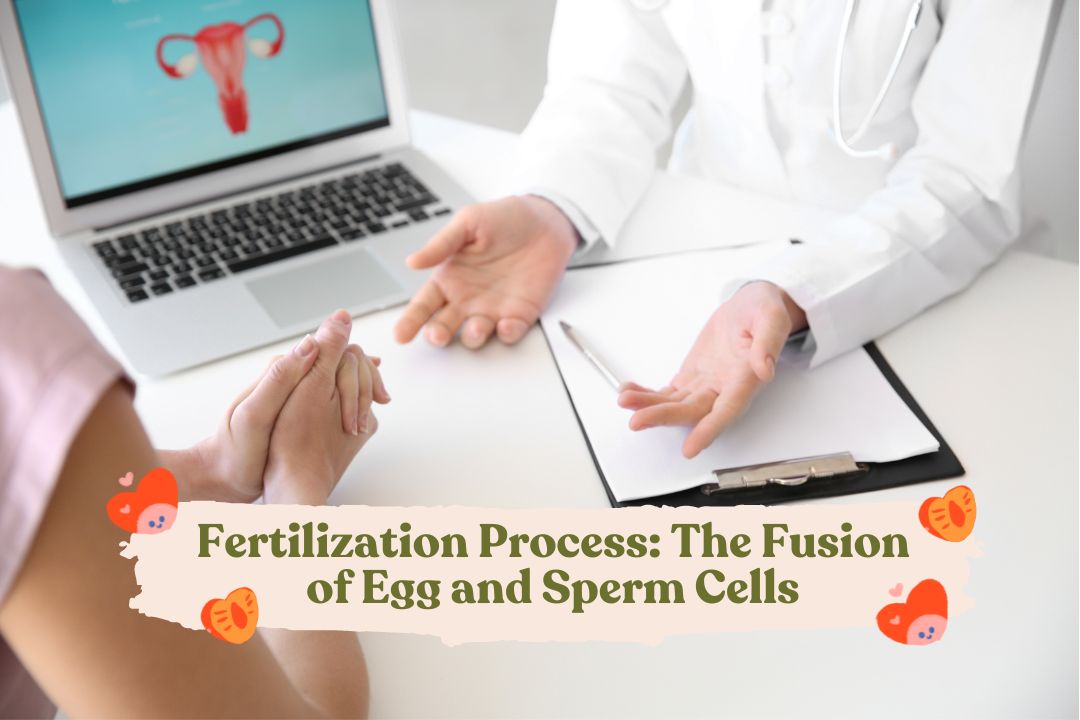In Vitro Fertilization Vs Normal Birth, Which is More Optimal?
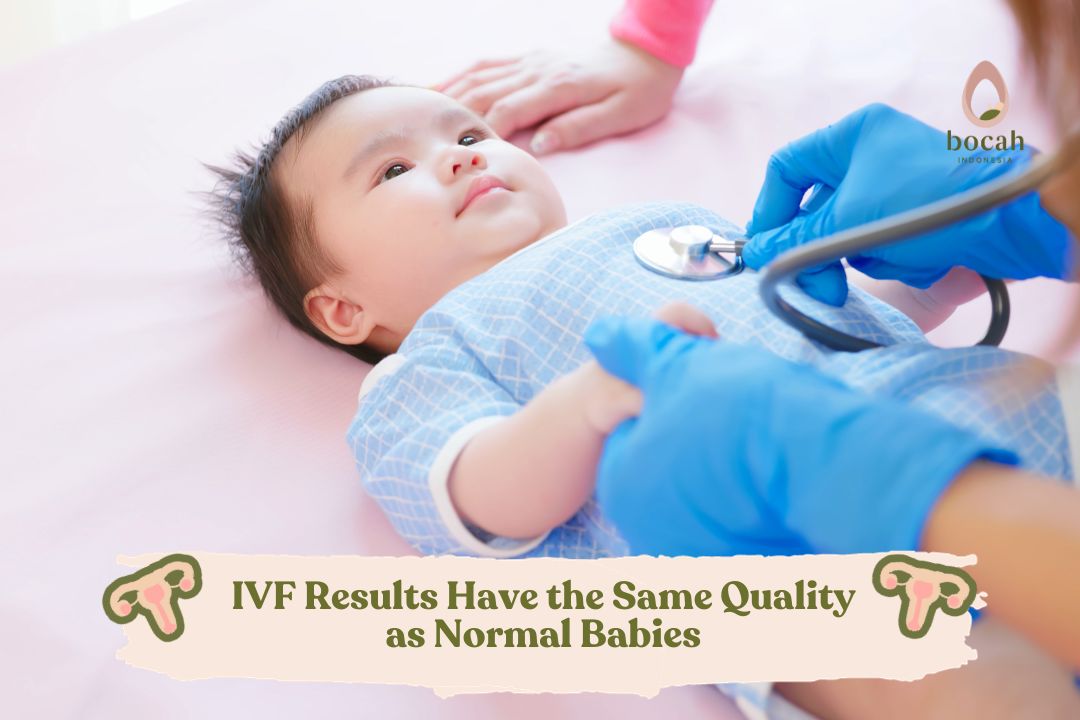
In Vitro Fertilization (IVF) is a program designed to assist couples who have difficulty conceiving. So, does the development of IVF babies differ from that of normal babies?
One of the frequently asked questions by couples planning IVF or tube baby treatment is whether IVF-born babies experience the same growth as naturally conceived babies.
This question often concerns parents who wish to have a baby through IVF. To provide an answer, this article will delve further into the health of babies resulting from IVF programs based on scientific research.
Are IVF Babies Different from Normal Babies?
There is a myth or notion that IVF babies are ‘not entirely normal’ because they are the result of technical skills of doctors.
In Vitro Fertilization (IVF) is indeed a medical procedure used to assist couples facing fertility problems in having children.
Tanya Mincah tentang Promil?
In the IVF process, fertilization does not occur inside the mother’s body as it does in a natural pregnancy, but rather takes place in a laboratory.
However, despite fertilization occurring in a laboratory, children born from the IVF program have the same quality of life as naturally conceived babies. This has been evidenced by findings published online on January 24th in the journal PLOS Medicine.
“Parents considering IVF need to know that the development of children born from IVF has the same quality as their peers of the same age,” said Kennedy, an obstetrician and gynecologist at the Mercy Hospital for Women at the University of Melbourne, Australia.
Furthermore, the chair of the American Society for Reproductive Medicine Mental Health Professional Group, Ariadna Cymet Lanski, PsyD, also believes that IVF babies have the same quality of life as normal babies in terms of health, emotional, and cognitive aspects.
Are IVF-Born Children Healthy?
Research conducted in Finland found that the rate of IVF births is approximately 3.3% each year, and their general health and cognitive development do not differ from that of naturally conceived babies.
Additionally, other research conducted on adults born through IVF did not show signs of heart problems, growth issues, metabolic disorders, or respiratory issues.
The risk of a child being born with congenital health problems (birth defects) in the fertile population is about 3-5%. However, after IVF treatment, this risk is estimated to increase by only about 1%. Furthermore, there are some cases of IVF babies being born with low birth weight, and in the worst cases, neonatal death.
However, researchers found that these deficiencies are more dependent on the age and fertility of the parents rather than the IVF process itself.
In essence, research so far has not found any differences between IVF babies and normal babies. The main difference between IVF conception and natural conception lies in the site of fertilization.
In natural conception, fertilization occurs in the fallopian tube after sexual intercourse, while in IVF conception, sperm and egg cells are combined in a laboratory. After the embryo is formed, it is artificially implanted back into the uterus.
Although the methods differ, the stages of pregnancy after the embryo is implanted are the same, whether it occurs naturally or through IVF. This means the health of IVF-conceived babies is not at a lower risk.
Determining Factors for the Health of IVF Babies
Although it has been explained above that IVF babies have the same quality of life as normal babies, especially in terms of health, there are some factors that can affect the success of IVF or whether the IVF-born baby is healthy. Here are some of the factors:
The chance of giving birth to a healthy baby after using IVF depends on various factors, including:
Mother’s Age
The younger the mother’s age, the higher the chances of getting pregnant and giving birth to a healthy baby using her own eggs during IVF. Women aged 40 and older are often advised to consider pregnancy because of the mother’s and baby’s health factors.
Embryo Implantation
Advanced embryo implantation is associated with a higher pregnancy rate compared to less developed embryos. However, not all embryos survive during the development process.
Cause of Infertility
Having an adequate supply of eggs increases the mother’s chances of getting pregnant using IVF. Women suffering from severe endometriosis are less likely to become pregnant with IVF compared to those with unexplained infertility.
Lifestyle Factors
Smoking can reduce the chances of success with IVF. Women who smoke often have fewer eggs that can be retrieved during the tube baby program and may experience more frequent miscarriages.
Obesity can also decrease the chances of getting pregnant and having a baby. Consuming alcohol, drugs, too much caffeine, and certain medications can also be harmful.
Discuss these factors with your doctor and how they may affect your chances of a successful IVF pregnancy.
If you or your partner would like to consult on infertility issues or undergo a pregnancy program, you can contact Bocah Indonesia Clinic.
Source:
- Kennedy, Amber L., Vollenhoven, Beverley J. (2023) School-age outcomes among IVF-conceived children: A population-wide cohort study, https://journals.plos.org/plosmedicine/article?id=10.1371/journal.pmed.1004148
- National Library of Medicine. Do in vitro fertilization treatments result in healthy babies?. Diakses 2023.
- WebMD. IVF-Conceived Children Show Strong Developmental Performance. Diakses 2023.
- Healthline. Researchers Say IVF-Conceived Children Develop At the Same Level as Other Kids. Diakses 2023.


